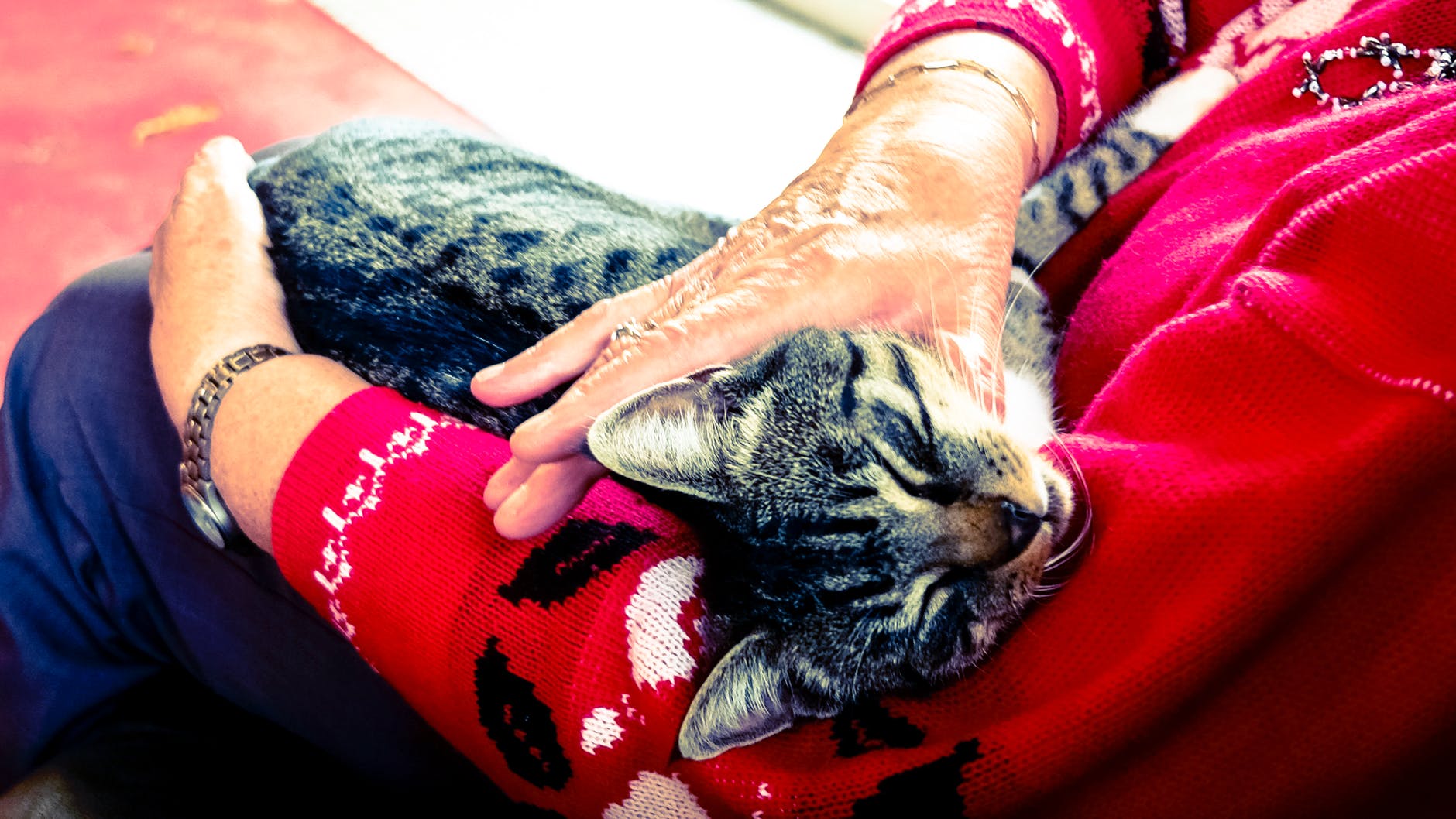Pets Make Great Companions For Individuals With Dementia
For those who grew up in a home full of pets, you know the positive impact these animals can have on emotional well-being. After all, a dog is man’s best friend — and many of us vouch for that statement.
Now, you may often see pets in your loved one’s homes, but what about in long-term care facilities? How is it that dogs, cats, and even fish, are enhancing the lives of dementia patients.
Animal-Assisted Therapy — What the Research Has to Say
We know that the presence of a pet can make us feel good, but what does the research have to say? How can pet therapy help individuals with Alzheimer’s, and other forms of dementia?
As you may know, once symptoms of dementia progress, it can be harder to ‘reach’ an affected individual. Once a patient’s ability to interact with others is reduced, it’s believed that companion animals can potentially step-in to improve one’s quality of life.
Unlike humans, pets are able to show unconditional companionship that is not dependent on one’s physical or cognitive capacity. A dog within a residential home, for instance, can enhance more meaningful interactions. Although related research continues to unfold, here are a few key studies:
- Dogs may help patients find relief from sundown syndrome — Published in the Journal of Psychosocial Nursing, it was found that short-term exposure to a dog, reduced the number of agitation behaviors among Alzheimer’s patients. More specifically, a therapy dog can improve symptoms of sundown syndrome, support other relaxation techniques, and improve socialization within a residential setting.
- Animals may also increase positive social behaviors — More recently, a 2016 study, published in the Journal of Nursing Education and Practice, found that animal-assisted therapy improved social behaviors, resulting in fewer staff interventions.
- Animal-assisted therapy can target depression — In another recent study, published in the American Journal of Geriatric Psychiatry, it was found that animal-assisted therapy not only reduced aggression and agitation, but also symptoms of depression in patients with dementia.
Based on the vast amount of available research, it appears that the top benefits of pets and animal-assisted therapy, include:
- An enhanced quality of life
- Increased socialization
- Reduced aggression and agitation
- Improved mood
- Positive effects on physical health — for example, reduced blood pressure
- Enhanced sensory stimulation
- Reduced feelings of stress and anxiety
Would You Like to Introduce a Pet? Here Are Some Tips

Image via Pexels
If you are caring for a loved one with dementia, or work within a care facility, you may be interested in the positive benefits associated with animal-assisted therapy. If so, please note the following:
- Not all animals are the same — Just like humans, animals have their own unique personalities. A key area you need to be aware of, is a pet’s temperament. Overall, the best animals for Alzheimer’s patients are those who are calm, not easily startled, and open to meeting strange people. As you would expect, dogs are the easiest to train in this manner. With that being said, there have been teams that have also worked with rabbits, chickens, and even horses.
- Seek certified, registered animals — When introducing animals as a form of therapy, you want to ensure that they’re both trained and certified. Don’t be afraid to ask questions about the animal’s past, seeking a pet that is registered with Pet Therapy International, Therapy Dogs International, or the Delta Society.
- Ensure the animal is properly cared for — If your loved one still lives in the comfort of their own home, remember — a dog is not a caregiver. Don’t ever leave a vulnerable patient alone. They may not be able to properly care for the animal, just as a pet cannot provide assistance in many possible emergency situations. If your loved one had a pet prior to their diagnosis, it’s important that the animal’s needs are still being met.
If you believe a pet would help an individual you’re currently caring for, take the proper steps in order to ensure the best possible life for both the animal and the patient. The power of an animal companion can ‘awaken’ an otherwise emotionless patient.
After all, as Pythagoras once said,
“Animals share with us the privilege of having a soul.”
References
http://journals.sagepub.com/doi/pdf/10.1177/0002764203255211 https://www.researchgate.net/publication/13080588
